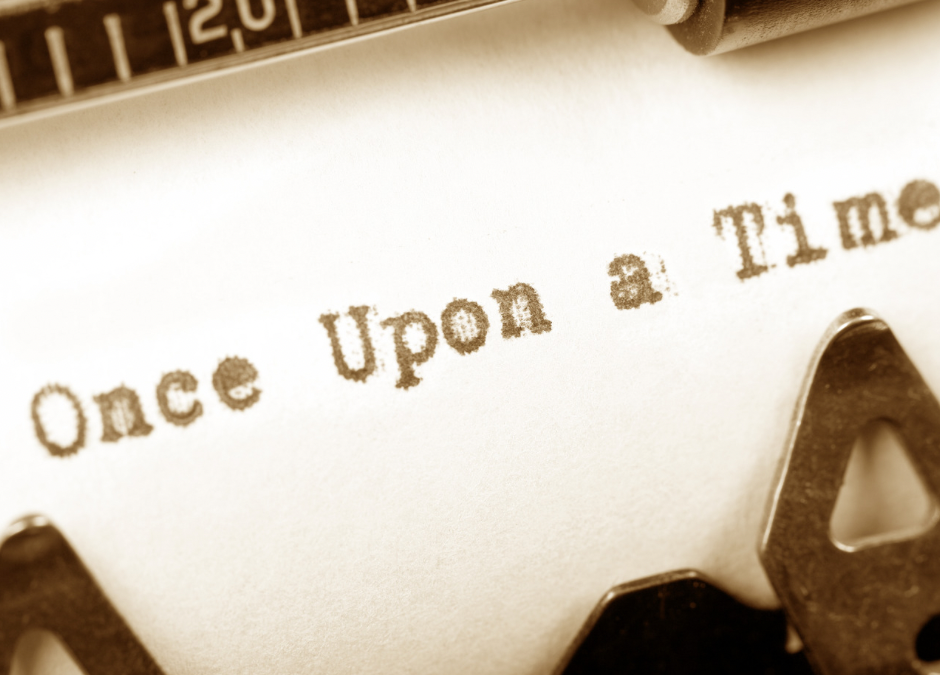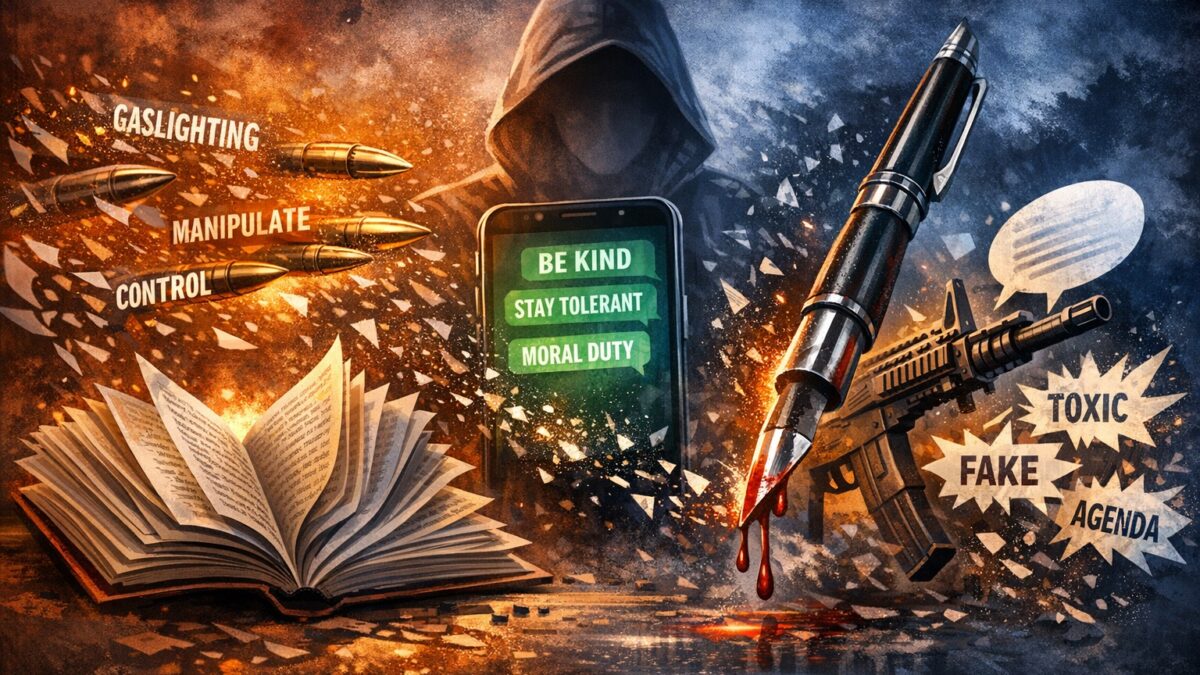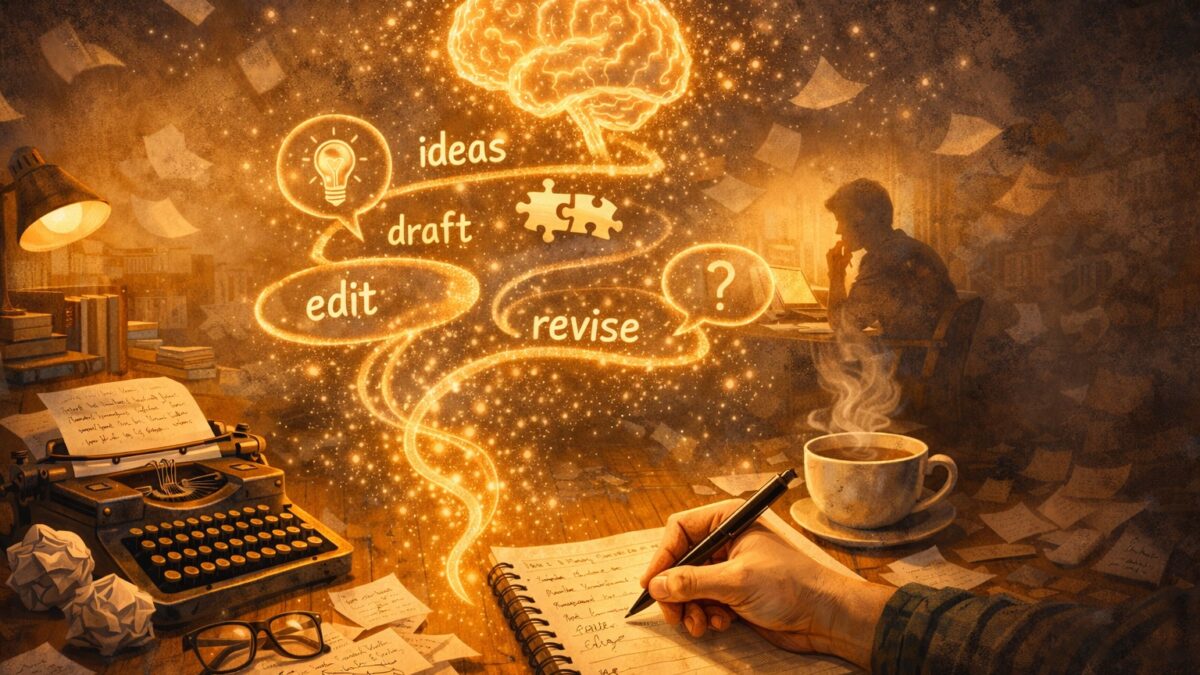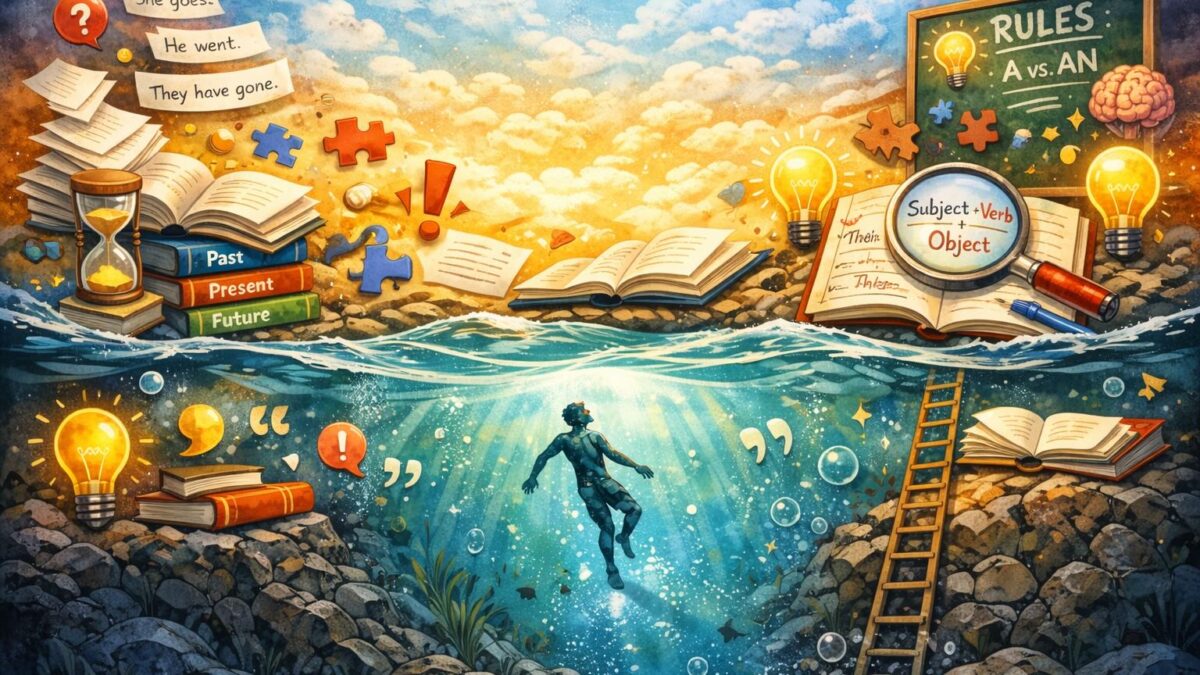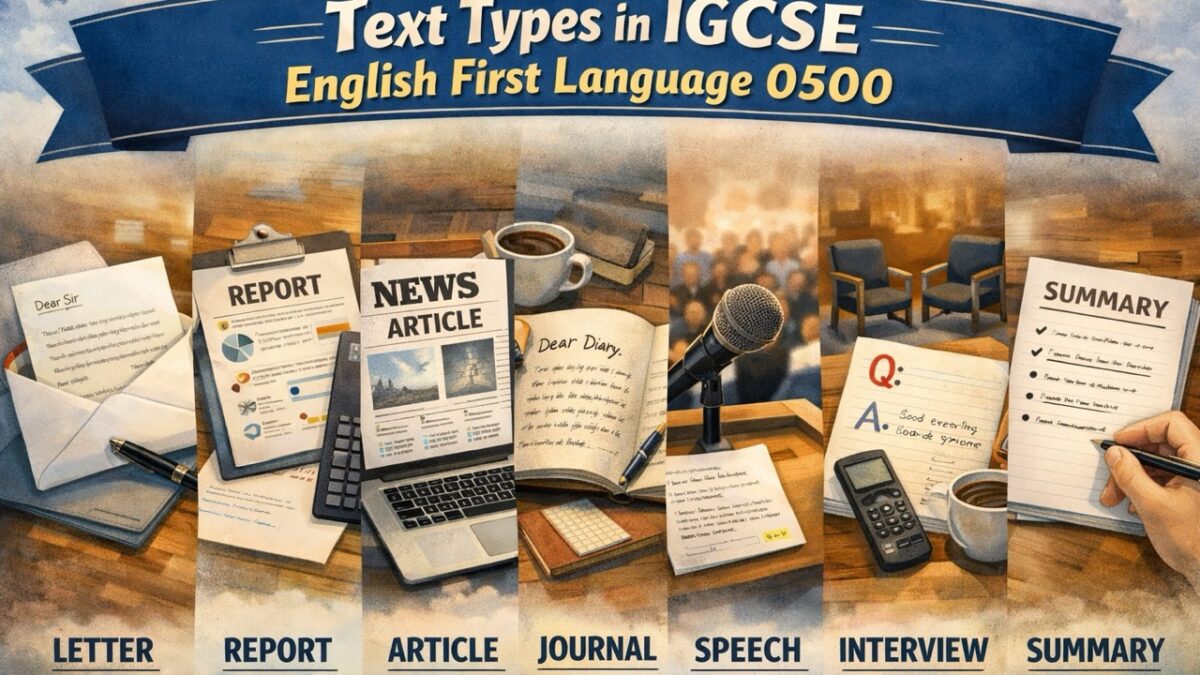
Hello everyone, how’s everything going? Today’s piece is a little different, because I’m asking you to actually just pause and wake up for a bit.
Ready?
Please learn how to write.
I am saying this right now not because you don’t know how to put words down on paper. In fact, even as we speak, some of you are probably thinking to write out an angry text or maybe even a comment down below about how this is a silly post because you already know how to write. It’s very simple. How could you even think that this is a problem? Well, as a matter of fact, it is.
When I say “please learn how to write,” I don’t mean that you put together one or two or three sentences. I mean, please learn how to use words to create a well-constructed piece of work that persuades me that you are able to sustain a line of inquiry, discussion, argument, or description while understanding how to create whatever effect it is that you want. And when I say this, I don’t mean learn how to prompt. Learn how to question, learn how to craft prompts that’s important too. But there is something far more important I want you to learn: how to use your brain to manually put words together and understand how to craft not only sentences but also supporting points, elaborations, and explanations. And I want you to be able to do it consistently and well.
Now I’m saying this partly because of what’s been on everyone’s minds: AI. There’s a good chance that before you were reading this piece, you were using ChatGPT. You were writing beautiful questions one after another, entertaining your curiosity and then contemplating what you would ask about next. Some of you might have even been making people think that you are secretly geniuses as you pull out assignment after assignment from the bowels of the earth, perfectly formatted, written, constructed, created.
I’m here to tell you that’s wonderful. But I’m also here to ask you: Are you really learning how to write?
Is your brain discovering what patterns of words work well together?
Are you deepening your understanding of what words to place next to each other?
Do you know what will accomplish the goal of what you’re trying to do, and what will reach inside the mind of the person that you’re speaking to, whether on the page, in real life, or in any other situation where you’re crafting language from letters and bringing together ideas from the words that they form?
If the answer is no even when you shut your eyes and try to imagine the words that should come to mind when you think about the richness of our universe, seriously, we have a serious problem here.
When you have started to reach a satisfactory state, this is what I imagine that you will see.
The right words will appear in your own mind organically and at the right time, and your brain should have a process to bring your words forward one after another into the construction of logical meaning.
In time, even if the correct words aren’t there, you’ll be able to understand why they are in the wrong place and rearrange patterns that are more accurate to the vision that you wish to accomplish.
That is the foundation of accurate, articulate, and precise writing—something that arises organically from you without a need for aid, assistance, or help in any form.
Before we end, here’s an important thing to clarify. I am not saying that you should not use ChatGPT.
I am not saying that we should deny AI, rail against technology, fight against the machine, and set to fire a million Midjourney and ChatGPT images while asking the very same ChatGPT how to use a sledgehammer to destroy an NVIDIA H100 after having learned that these are the computers that power our modern technological generative architecture.
Rather what I am saying is that when we use technology, it is ideally to enhance our innate human capabilities, allowing us to develop skills that we otherwise may never have developed.
Of course, as this technology advances, I am sure that there will be many people who will discover that it will allow for people to create things that they had never imagined, and it is in the sweet consequence of the apparently polished essay that the AI detector could not distinguish that they will measure and validate the worth of what they were able to create for themselves.
In time, as technology progresses, they may not distinguish between any works generated with AI and what the human mind was able to construct.
Given the way that technology operates, perhaps it is a far-off dream to assume that somehow our technology would just mysteriously fade away, disappear, be eclipsed into darkest night.
But all I can say is given what humans have been and are able to develop themselves to be, I think that it is a manifest shame to let our abilities crinkle to the wayside merely because we thought that there was no space or role for the supercomputer inside our heads.
